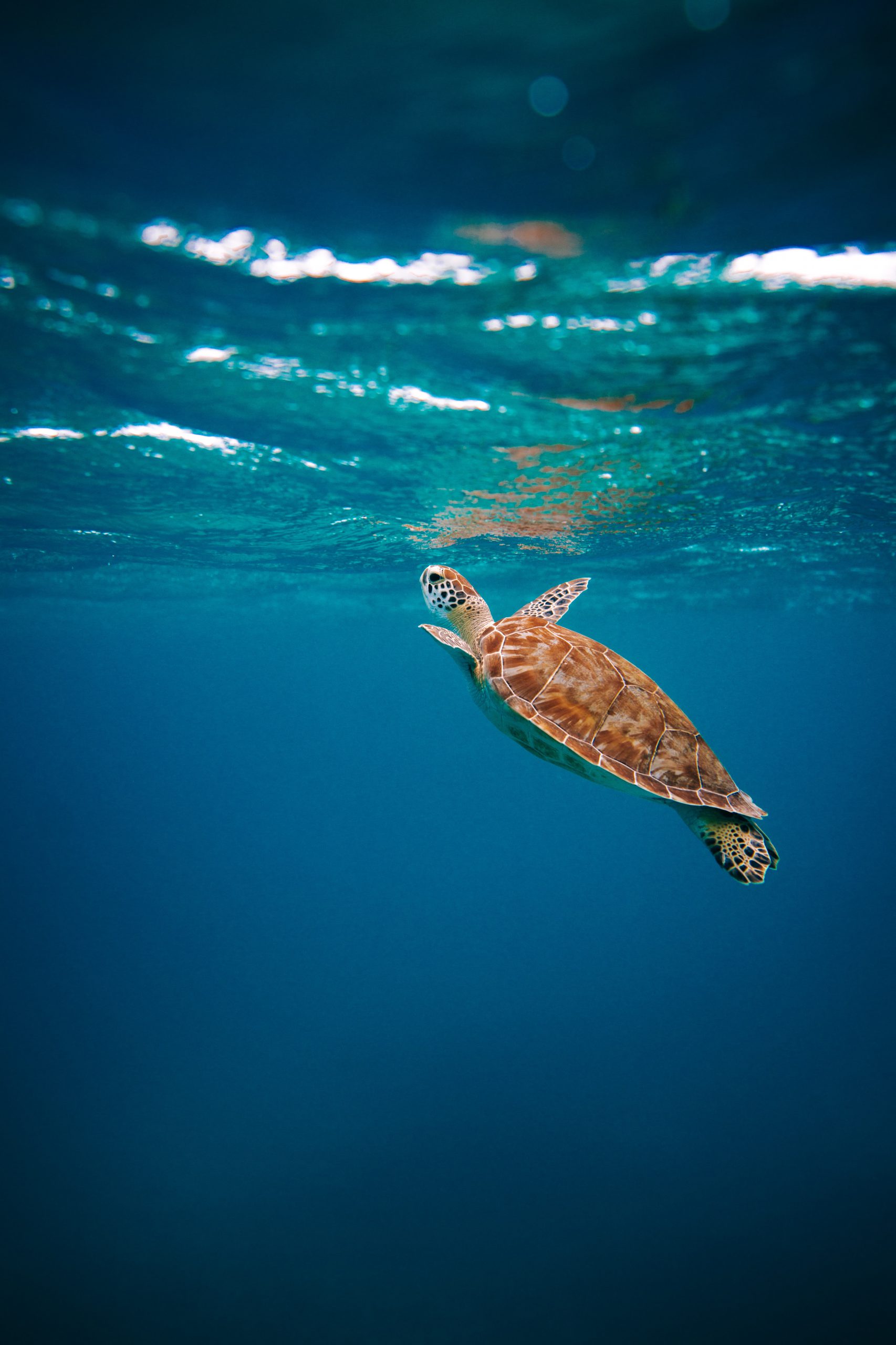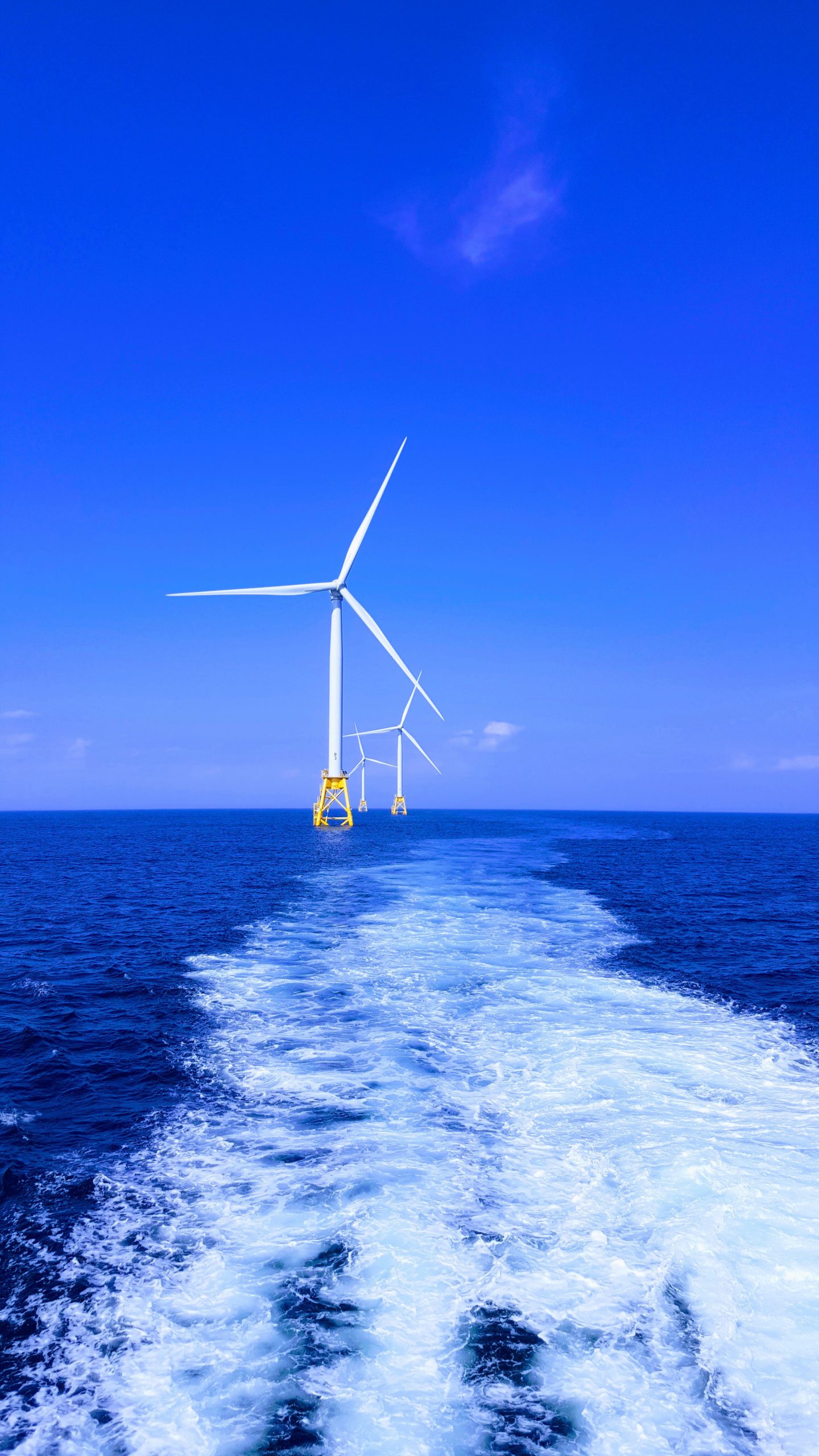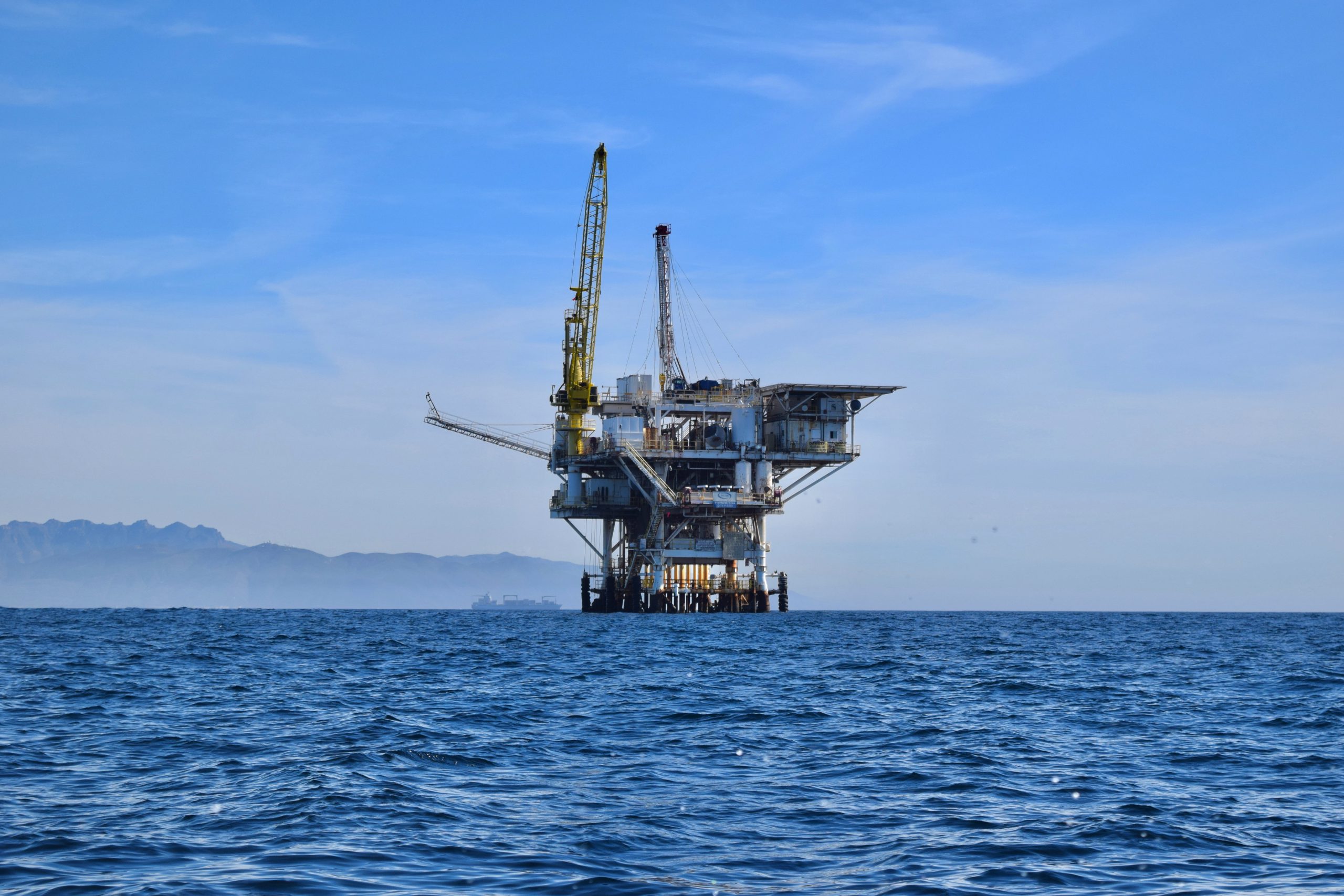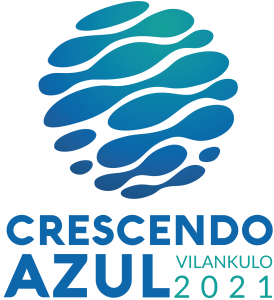Growing Blue Conference
Vilankulo 18 AND 19 de November, 2021
PLENARY SESSIONS
The Growing Blue Conference has 4 plenary sessions on the angular themes (Governance and Sustainability, Innovation, Maritime Routes and Ocean Energy) and 8 parallel sessions bringing together groups with common interests in discussing specific issues of themes introduced in the plenary sessions. Each plenary is chaired by a moderator, open by a keynote speaker who will give an informative, inspiring and motivational introduction to the theme, followed by 10-15 minutes each time background presentations to be made by 4 to 5 speakers on the highlights relevant to the objectives of the conference and debate attended by the audience. Also included are the record of “commitments” from the session’s outputs and a brief summary of the session by the moderator.
SUSTAINABLE GOVERNANCE OF OCEANS
The oceans occupy 72% of the surface of the planet and support all life in strands such as food production, health, energy, environment and climate. The life and survival of the human being is intrinsically linked to healthy, productive and safe oceans. The increasing pressure on the use of the oceans poses challenges of local, regional and global impact as there are no boundaries between oceans.
Examples include overfishing, marine pollution, degradation of marine resources and ecosystems, threats to biodiversity, illegal fishing, effects of climate change, trafficking and piracy. With a world population estimated at 9 to 10 billion by 2050, pressure on the oceans will increase due to the world’s need for raw materials, food, energy, water, and other resources. The role of the oceans as a source of supply of diverse vital necessities requires concerted action among nations to ensure a sustainable, inclusive and equitable use of this common good for the benefit of humans and the environment.
The plenary, is composed of 5 themes where speakers are expected to share information to support reflection, positioning, decision making and subsequent steps on coordination, communication and action on international governance of the oceans, considering regional consensus, institutional frameworks, strategies and mechanisms for implementing directives in the alignment of the requirements of the ODS. They will also elaborate on the Blue Economy as a tool to approach sustainable development from the integrated and harmonious use of the potential of the oceans.


INNOVATION FROM THE OCEANS
A sessão composta por 4 temas vai debruçar-se sobre o percurso, experiências, casos de sucesso e lições aprendidas com a integração da inovação científico-tecnológica, ambiental, empresarial e societal na implementação de estratégias de Economia do Mar & Oceanos e o seu impacto no desenvolvimento sócio-económico em países com modelos relevantes de abordagem integrada e responsável do potencial dos Oceanos por via da Economia Azul.
Países com experiências diferentes vão partilhar sobre a importância do conhecimento, tecnologia e inovação para a tomada de decisões informadas na exploração sustentável dos Oceanos e para a busca de respostas para problemas correntes da humanidade na área alimentar, de saúde e bem estar, energética, ambiental e climática.
A exemplo está a sobre-pesca, a poluição marinha, a degradação de recursos e ecossistemas marinhos, as ameaças à biodiversidade, a pesca ilegal, o efeito das mudanças climáticas, o tráfico e a pirataria. Com uma população mundial estimada em 9 a 10 biliões de habitantes até 2050, a pressão sobre os oceanos irá aumentar movida pela necessidade mundial de matéria-prima, alimentos, fontes energéticas, água, entre outros recursos.
MARITIME ROUTES
Sea freight is currently the main activity in world trade, with around 4/5 of the total volume of goods transported by sea. Global freight volume stood at 10.7 billion tons in 2017, according to World Seaborne Trade. The growing need for trade means increasing the number and tonnage of ships, imposing greater challenges and responsibilities on industry. On the other hand, environmental and sustainability issues dictate changes in attitude in the use of shipping routes, leading to a reduction of polluting emissions, marine litter and threats to ecosystems that are in themselves a great natural capital.
The focus on improving the efficiency and profitability of marine transport, as well as reducing its effects on the oceans, is through innovation in logistics and port management, use of intelligent infrastructure and cargo monitoring of processes and the ability to respond to alerts and problems. The ports are being seen as service and value creation centers, business accelerators and the creation of solutions for maritime transport issues.
The session is composed of 4 themes where speakers will discuss the opportunities and challenges of maritime navigation; situate the development of innovative ports as a basis for integrated solutions and clean technologies for more efficient, better monitored and environmentally friendly operations; examples of successful approaches to issues such as maritime safety and protection and illegal fishing; and build a vision on integrated blue tourism as part of the use of the Oceans route.


OCEANIC ENERGY
Our seas and oceans constitute a huge base of generation of different sources of energy. Some developed countries, especially in Europe and America, are creating technologies in the field of ocean energy to explore the potential of tides and waves, differences in temperature and salinity, and marine biomass.
The development of this emerging sector can contribute to achieving the goals of the SDO-2030 on renewable energy, reducing greenhouse gases while boosting economic growth by supporting industries that create new jobs and improve the quality of life of the inhabitants.
The session will consist of 3 themes where speakers will share experiences on harnessing the energy potential of the oceans, the circumstances behind the different choices and options, the prospects for developing countries mainly in relation to the dichotomy between nonrenewable and renewable energy, and building a common vision of deep-sea mining as an additional opportunity to generate value from exploring the potential of the oceans.

Contact
- Marquês de Pombal Street; Nº 285
- +258 (21) 357 100
- info@growingblueconference.gov.mz
